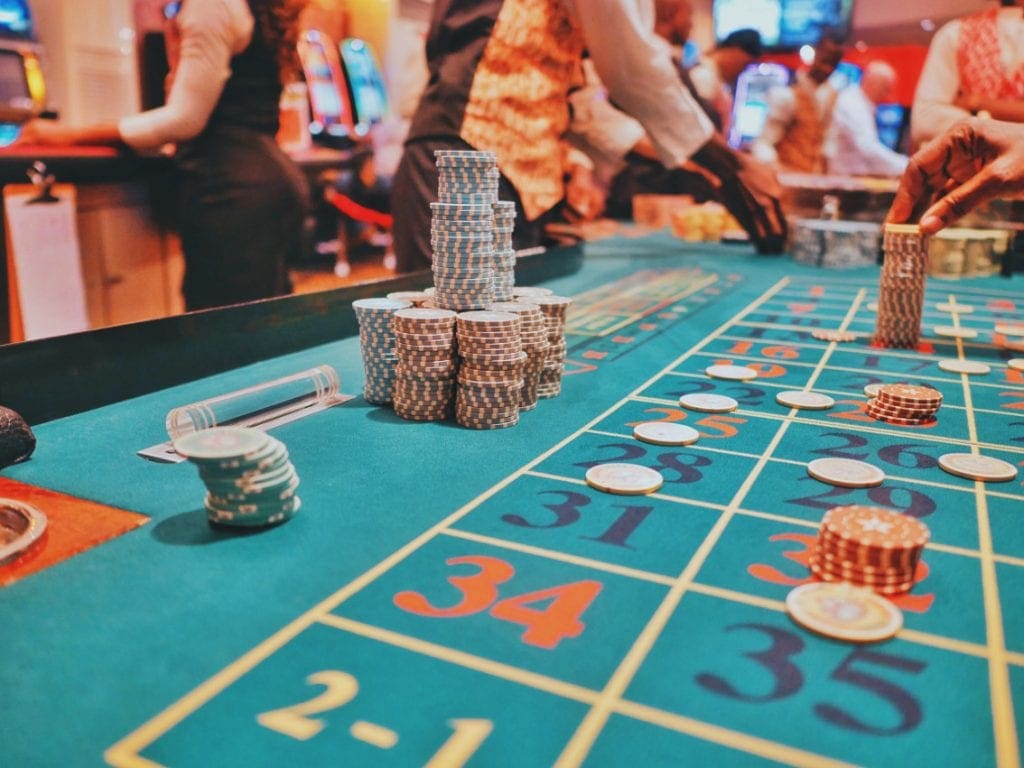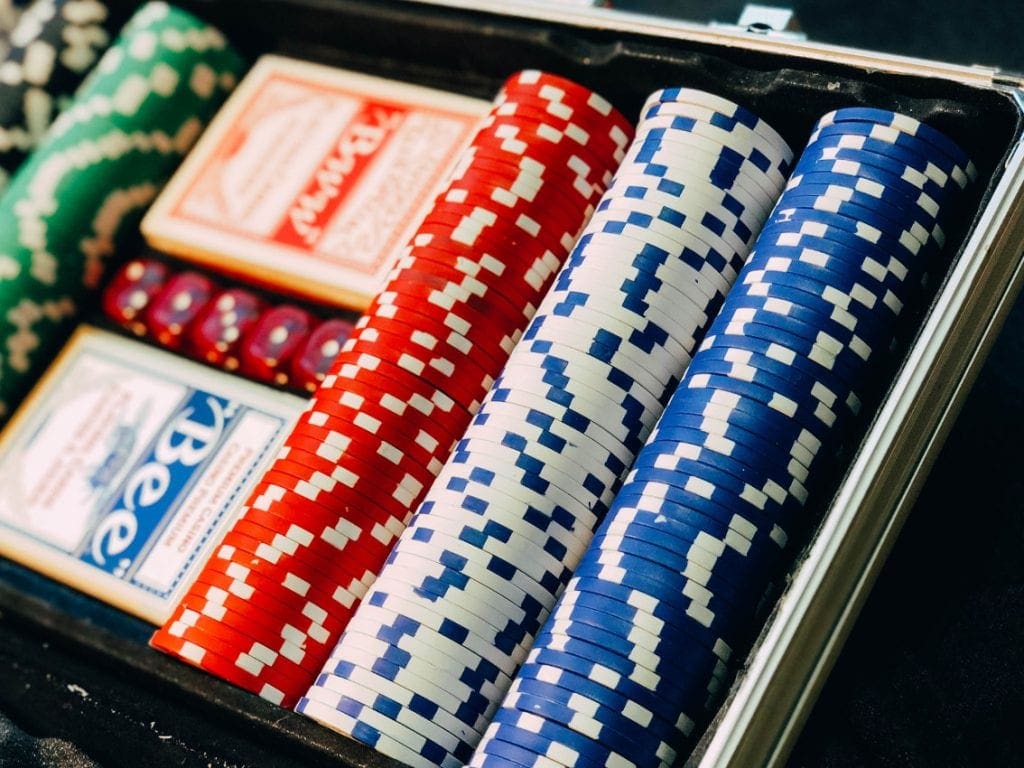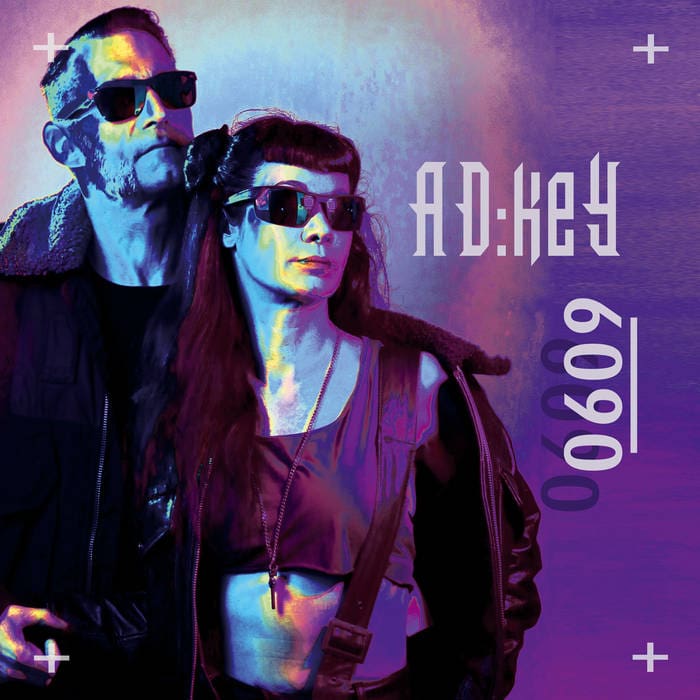The best electronic music originates from Belgium

In the mainstream press Belgium is often forgotten when it comes to talking about the roots of electronic music. Magazines such as Rolling Stone or NME are often driven by a rather patriotic vision which doesn’t take in account the merits of the actual bands they always push forward. It leads to articles where the sound of the bands proposed is actually a copy paste of what was invented years before in… yes, Belgium. We won’t name bands here featured in the mainstream press, we reckon that you will all quickly know who we talk about. So let’s focus on the Belgian electronic bands that did matter and still do matter and which sound great whilst visiting an online casino.
Let’s start with À;GRUMH… À;GRUMH… was (and still is) a Belgian EBM/industrial band, founded in 1981 by SΔ3 Evets (also known as Steve Natrix, born Phillippe Genion) and JΔ3 Seuqcaj (Jacques Meurrens), both from Charleroi, Belgium. They were mainly active between 1981 and 1991 but did some resurfacing just a few years ago, still proving their sound is going strong. They made international music headlines when they were featured on what would become THE compilation for EBM: “This Is Electronic Body Music” (1988). Their sound was rock hard industrial.
Top electronic music for an online casino
Next is Confetti’s. Confetti’s was a Belgian new beat band from the 1980s. Producers were Serge Ramaekers and Dominique Sas, sometimes credited as The Maxx , not to be confounded by the online casino. On stage Confetti’s was fronted by singer Peter Renkens and female dancers Marleen, Tania, Hilde and Daniëlla. The band became one of the first to break through into mainstream music as a new beat act and played in a lot of Casino’s throughout Belgium. Their tourcalendar must have looked somewhat like slotscalendar.com/200-casino-bonuses/ . Who doesn’t remember their international hits like “The Sound Of C” and “C In China”. The band became the best ambassador for the genre which in the mid-eighties was extremely popular in Belgium thanks to various new beat underground acts that had been set up in the 80s. The cassette compilations scene was born! Shortlived, but oh so important for the electronic music scene as it had become (almost) mainstream enough.

Front 242. One band that made it international, and still is pretty active of course is Front 242. This Belgian electronic music group came into prominence during the 1980s. Pioneering the style they called electronic body music, they were a profound influence on the electronic and industrial music genres with such bands as Nine Inch Nails, The Prodigy, Skinny Puppy, Front Line Assembly, Daft Punk etc. all taking inspiration from this Belgian squad, which nowadays is signed to the prolific electronic music label Alfa Matrix. It’s healthy to say that every electronic music act active now in Belgium had Front 242 as their music godfathers.
Even before the online casino existed, there was Telex
A band we can put in the same league as Front 242 are the musicians behind Telex, a Belgian synthpop group formed in 1978 by Marc Moulin, Dan Lacksman and Michel Moers. Their music was everything music wasn’t back then: electronic, anticommercial, nonconformistic. In 1980, Telex’s manager even asked the group to enter the Eurovision Song Contest. The group entered and were eventually sent to the finals, although they apparently hoped to come in last in order to get some extra attention. The group’s song “Euro-Vision” was a cheerful bleepy song with deliberately banal lyrics about the contest itself, making it even more a circus. Following the death of band member Marc Moulin in 2008, the surviving members of the band announced their retirement from making music with the band’s final release, a compilation album titled Ultimate. And they kept their promise from 1979 to never perform live.
Since you’re here …
… we have a small favour to ask. More people are reading Side-Line Magazine than ever but advertising revenues across the media are falling fast. Unlike many news organisations, we haven’t put up a paywall – we want to keep our journalism as open as we can - and we refuse to add annoying advertising. So you can see why we need to ask for your help.
Side-Line’s independent journalism takes a lot of time, money and hard work to produce. But we do it because we want to push the artists we like and who are equally fighting to survive.
If everyone who reads our reporting, who likes it, helps fund it, our future would be much more secure. For as little as 5 US$, you can support Side-Line Magazine – and it only takes a minute. Thank you.
The donations are safely powered by Paypal.












